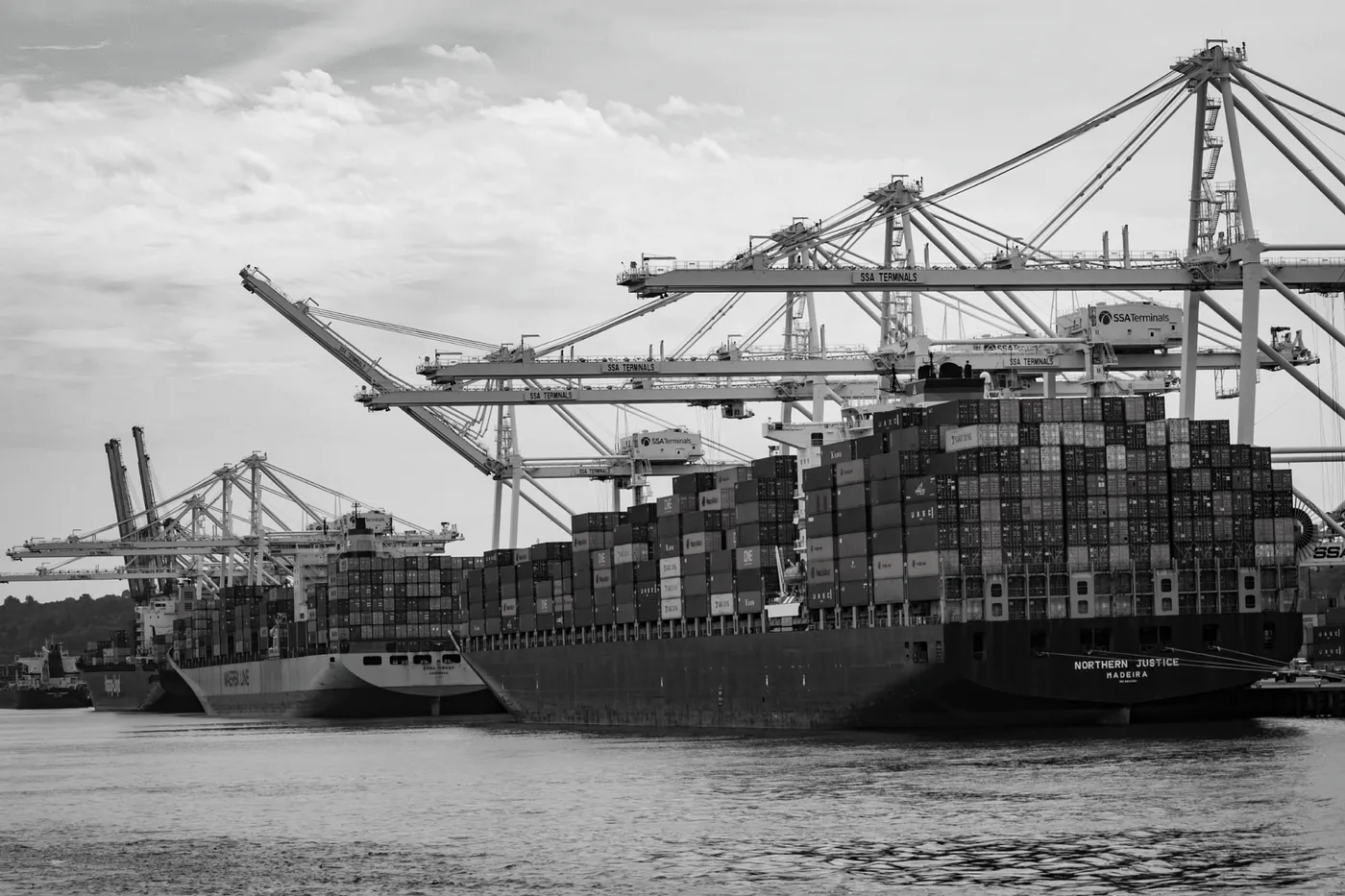Posted on January 12, 2024
Share:

Argentina has the world’s third-largest known lithium reserves, behind only Australia and Chile, and it is the world’s third-largest exporter of soy
a-new-argentina-and-its-consequences-for-brazil
A new Argentina and its consequences for Brazil
Argentina has a relevant position in commodity exports. The country has the world’s third-largest known lithium reserves, behind only Australia and Chile, and it is the world’s third-largest exporter of soybeans. It is fifth in meat and corn and participates in international trade with other agricultural products. The latest data for 2023 indicate that Argentina mainly exports agricultural products such as cereals, fats, oils, and related products, and dairy products account for 36% of its exports. Other less representative exports include vehicles, auto parts (10%), and crude oil and fuels (5%).
Brazil and Argentina have been trading partners for a long time. A partnership that was solidified with the formation of the Southern Common Market (MERCOSUR) in 1991 promoted economic and commercial integration between these countries and other regional partners. Brazil is Argentina’s leading trading partner and is the destination of 16% of its exports. In turn, Argentina is Brazil’s third largest partner, accounting for about 5% of Brazilian exports, including soybeans, automotive parts and accessories, vehicles, electrical energy, and iron ore and concentrates. Argentina’s other trading partners include the European Union (14%), China (11%), the United States, Mexico and Canada (8%), and Chile (5%).

In December 2023, a new Argentine government took office, promising to significantly change how business is done with the country’s companies inside and abroad. The proposed changes of the new president-elect, Javier Milei, known for being a libertarian, were divided between economic measures and major packages. The economic measures included a currency devaluation of about 50% and a bold spending-cutting fiscal package that seeks to reduce spending by 5% of its GDP. The major packages include several measures that alter laws and regulations in many areas. These changes were first presented in a Decree of Necessity and Urgency (DNU), and after, it was followed by a bill.
The Decree proposed in December 2023, shortly after the new president takes office, proposes the modification or repeal of 366 laws regulating many economic activities in the country. These changes include a modernization of the labor regime, which consists of some reforms that make dismissal easier and less expensive, and a release from all price restrictions, including supermarket products and the tariffs of private drug companies and rental contracts. In addition, the decree also included the principle that “it is forbidden to prohibit exports,” which materializes with a broad reform of the customs code to facilitate international trade and the transformation of all state-owned companies into as publicly traded companies for subsequent privatization. The decree repeals the law that prohibited privatizations.

The bill entitled by the government as the Basic Law and Starting Points for the Freedom of Argentines, which became popularly known as the “Bus Law,” adds to the Decree other major reforms in the state, such as the elimination of primary elections, changes in the criminal sphere and more deregulation of the economy, among other points. The original version of the bill has 351 pages and 664 articles, and among the economic changes that may be of interest to international trading partners is the end of quotas for purchases abroad (there was a fee of 50% of the value of the purchase expenses made abroad above US$ 500) and a comprehensive list of privatizations, which mentions state companies such as Aerolíneas Argentinas, YPF, Argentine Post and Banco de la Nación Argentina.
These measures seek to promote private initiative and the development of industry and commerce through a legal regime that guarantees the benefits of freedom for all Argentines and limits any unnecessary state intervention to ensure constitutional rights. In addition, significant regulatory reforms seek to promote competition and eliminate unnecessary obligations and regulations, which have the potential to impact various sectors of the economy.

Faced with so many measures that vary in themes and relevance, it is difficult to predict the exact impact of this change on the Argentine economy. However, it is possible to project that the proposed reforms could give Argentina a more competitive and efficient economy, attracting foreign investment and creating job opportunities. In the medium term, Argentina will likely increase its exports with changes in the exchange rate and legislation. Still, there is no prospect that there will be, for example, an intensification of competition with Brazil in the international market.
One of the products that Argentina restricted, for example, was meat. Although Brazil is the largest exporter of meat in the world, the two countries operate in different segments of this product. Argentine meats operate in a more affluent segment of this market. In addition, meat is a booming market. With the increase in purchasing power, Asia is demanding more and more meat. Therefore, the countries have many more complementarities than substitutability, so there will undoubtedly be room for them to grow in the international market.

Still, regarding relations with Brazil, economic recovery is the best scenario for Brazilians who export to neighboring countries. Opportunities for the expansion of current sales or new business are more likely to happen if Argentina manages to regain economic stability and its ability to grow economically. Nevertheless, these things don’t happen overnight, so no significant changes are expected shortly. But pro-market measures often have good effects in the long run. Markets are not a zero-sum game in which for one to win, the other must lose. Therefore, Argentina’s economic opening will be suitable for all parties involved. In this context, it would be nice for the two countries to seek understanding on issues of common interest and cooperation so that the region’s markets are more open and integrated regardless of the political positions of their leaders.
Authored by
Cristiano Oliveira, Head of Research at Rivool Finance andAssociate Professor at the Federal University of Rio Grande — FURG.
Tags
Private credit







